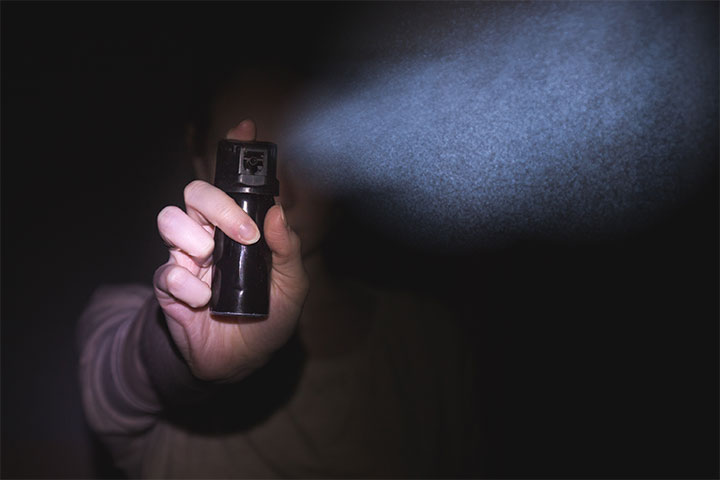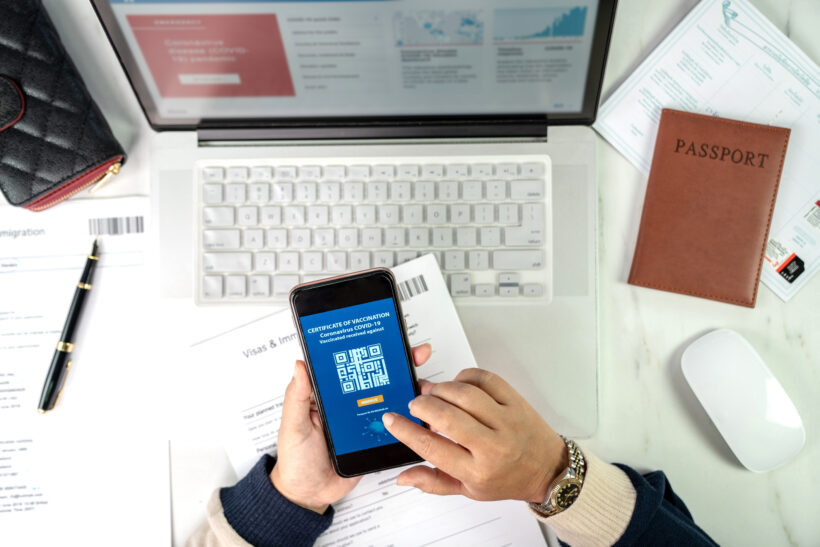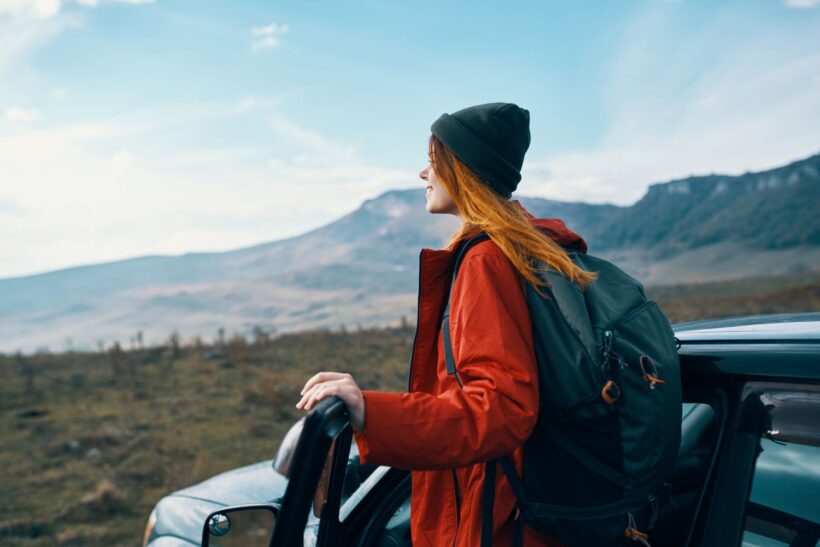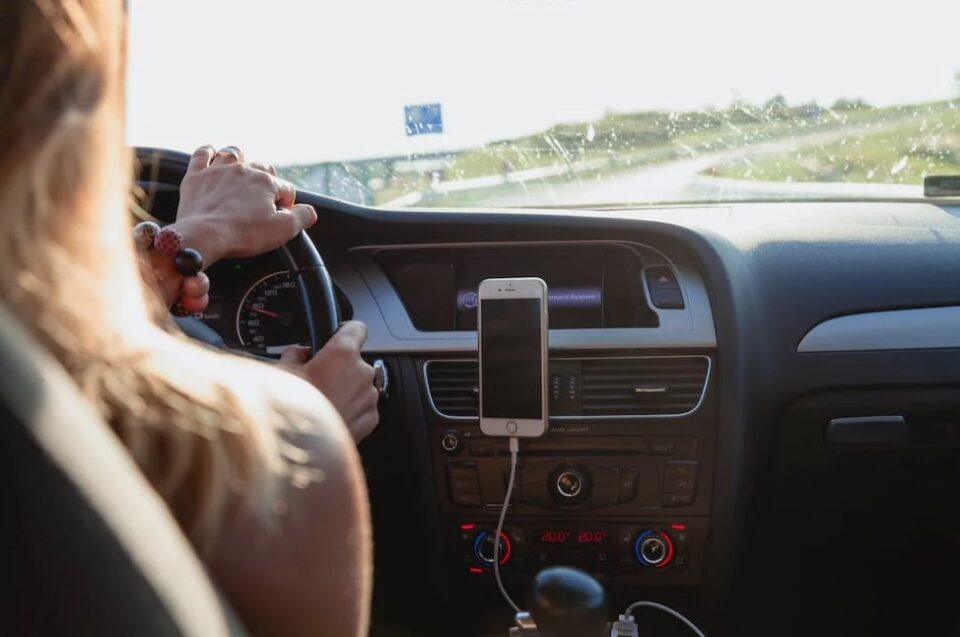Solo travel can be one of the most liberating experiences. The freedom to explore unknown lands, meet new people, and discover oneself while journeying alone is unparalleled. However, it’s undeniable that solo travel can come with its fair share of risks, especially when it comes to personal safety.
Whether you’re a seasoned solo traveler or are planning your first solo adventure, here’s a guide to personal safety and self-defense strategies to keep in mind.
1. Always Carry Personal Security Devices

The first line of defense is often the one that deters potential threats before they can escalate. This is where personal security devices come in. Investing in quality products can be the difference between a safe trip and a potentially dangerous situation. One reputable company that stands out in this domain is U-Guard Security Products. They offer a wide range of products from personal alarms to pepper sprays.
When choosing a security product, consider its size, usability, and effectiveness. It should be compact enough to carry in a pocket or purse and simple enough to deploy rapidly in a stressful situation.
2. Stay Aware Of Your Surroundings
Situational awareness is your best ally. When moving about, keep your head up and refrain from getting lost in your phone or headphones. Being aware of what’s happening around you gives you a head start if things seem out of place. Familiarize yourself with your destination during daylight hours and avoid wandering in unfamiliar areas after dark.
3. Trust Your Instincts
Gut feelings exist for a reason. If something or someone doesn’t feel right, it’s better to err on the side of caution. Whether it’s an offered ride, a seemingly friendly stranger, or an unfamiliar path, if it doesn’t feel right, take a step back.
4. Learn Basic Self-Defense Moves
Enrolling in a basic self-defense class can be a game-changer. While the hope is never to be in a situation where physical defense is necessary, being prepared can make all the difference.
Knowing simple moves like how to break free from a wrist hold or how to disable an attacker can give you the confidence and skills to defend yourself.
5. Opt For Safe Transportation
Always prioritize official and reputable transportation options. Whether it’s a cab service or a local bus, ensure it has proper identification. In the age of ridesharing apps, always match the driver’s details and vehicle with what’s shown in the app. And, of course, let someone know your whereabouts and expected arrival time.
6. Keep Personal Details Private
While it’s natural to engage in conversations and make friends on the road, be wary of sharing too many personal details. This includes information about your lodging, travel itinerary, or personal life. It’s okay to be vague. After all, safety comes first.
7. Secure Your Accommodations
Whether staying in a hostel, hotel, or Airbnb, ensure that your accommodation has adequate security. Always use safety chains and deadbolts when available.
Avoid ground floor accommodations when possible, as they can be easier targets. And always keep your valuables locked up or with you.
8. Limit Alcohol Intake
It’s okay to enjoy a drink, but overindulgence can impair judgment and make one more vulnerable. If you do drink, always keep an eye on your beverage and never accept drinks from strangers.
9. Stay Connected
Even though you’re traveling solo, it’s essential to remain connected. Regularly check in with family or friends, and share your itinerary with someone trustworthy. Invest in a local SIM card or international plan to ensure you can make a call or access maps when needed.
10. Research Local Customs And Laws
Every country and region has its own set of customs and laws. By being aware of them, you not only show respect but also avoid unintentional troubles. Dress codes, local scams, and areas to avoid are all things to research before heading to a new destination.
11. Digital Backups Are Essential

In today’s digital age, we often carry important documents with us electronically. It’s wise to have digital backups of all your essential documents – passport, visa, travel insurance, driver’s license, and important reservations. Store them in a secure cloud storage like Google Drive or Dropbox and have offline access set up on your phone or tablet.
This way, if you ever lose the physical copies or face an emergency, you can access the required documents without hassle. Additionally, it’s also a good idea to leave copies with a trusted friend or family member back home.
12. Blend In With The Locals
Standing out can sometimes make you a target, especially in areas where tourists are often preyed upon. To mitigate this, try to blend in with the local population as much as possible. This doesn’t just mean dressing like them, but also observing and mimicking behaviors, walking patterns, and mannerisms.
For instance, if locals tend to avoid certain streets or areas, there might be a good reason for it. Always respect local customs, and if you’re unsure about something, observe first. This will not only keep you safer but will also enrich your cultural experience.
13. Create A Check-Out System
Establishing a check-out system with someone you trust is an excellent precaution. Before heading out, whether it’s for a day trip, hike, or even just a night out in a new city, inform someone of your plans.
This should include where you’re going, who you might be with, and when you expect to return. If your plans change, make an effort to update this person. This way, should anything unexpected happen, there’s someone who has a general idea of your whereabouts and can raise an alarm if necessary.
In Conclusion

Embarking on a solo journey is a testament to one’s courage, curiosity, and sense of adventure. The world, vast and varied, offers endless wonders waiting to be explored. While the thrill of the unknown is intoxicating, it’s equally crucial to tread with caution and mindfulness. With the strategies outlined above, from blending in with locals to establishing a check-out system, solo travelers can find a balance between exhilaration and safety.
Remember, adventures are best remembered for their joys and discoveries, not for their perils. With preparation, alertness, and respect for both the familiar and the foreign, solo travelers can chart their course confidently. Here’s to the road ahead – may it be both thrilling and secure. Safe travels!

